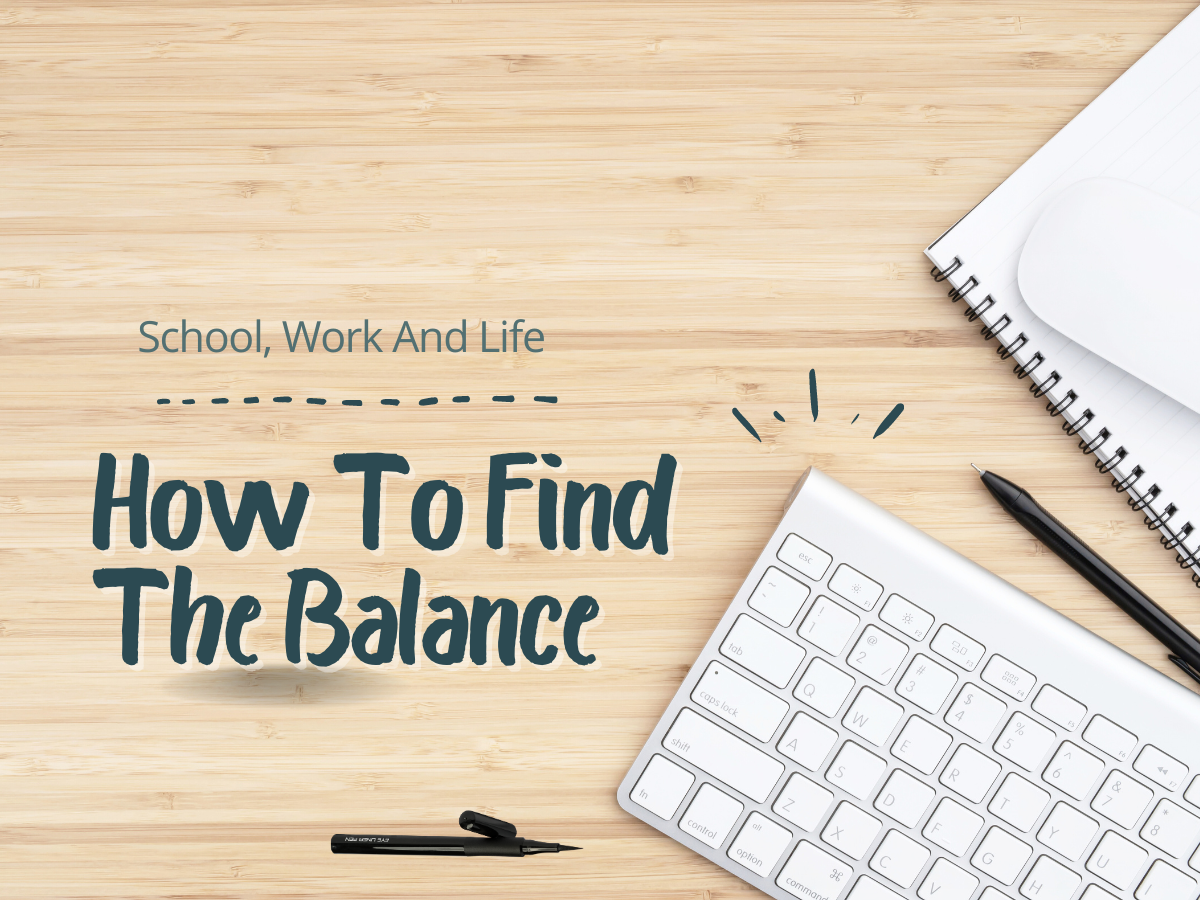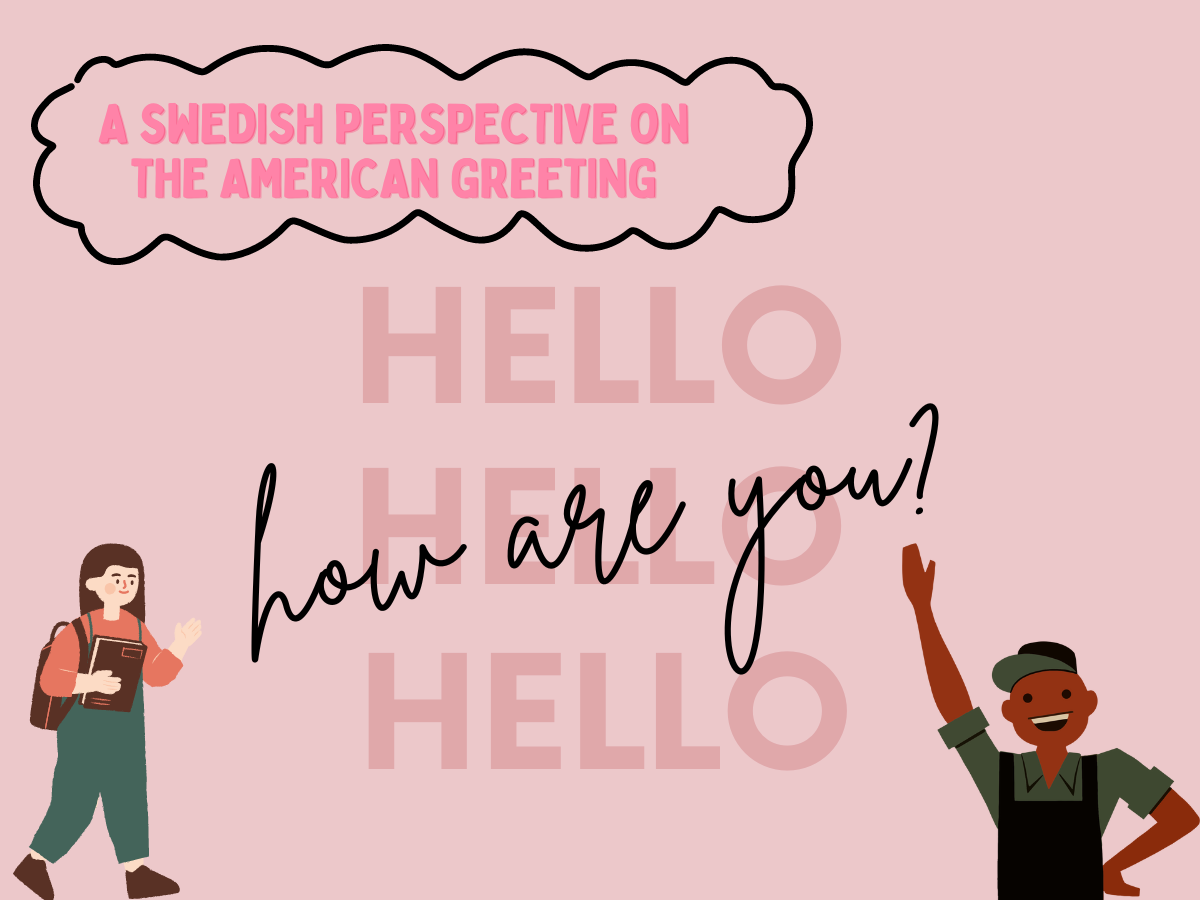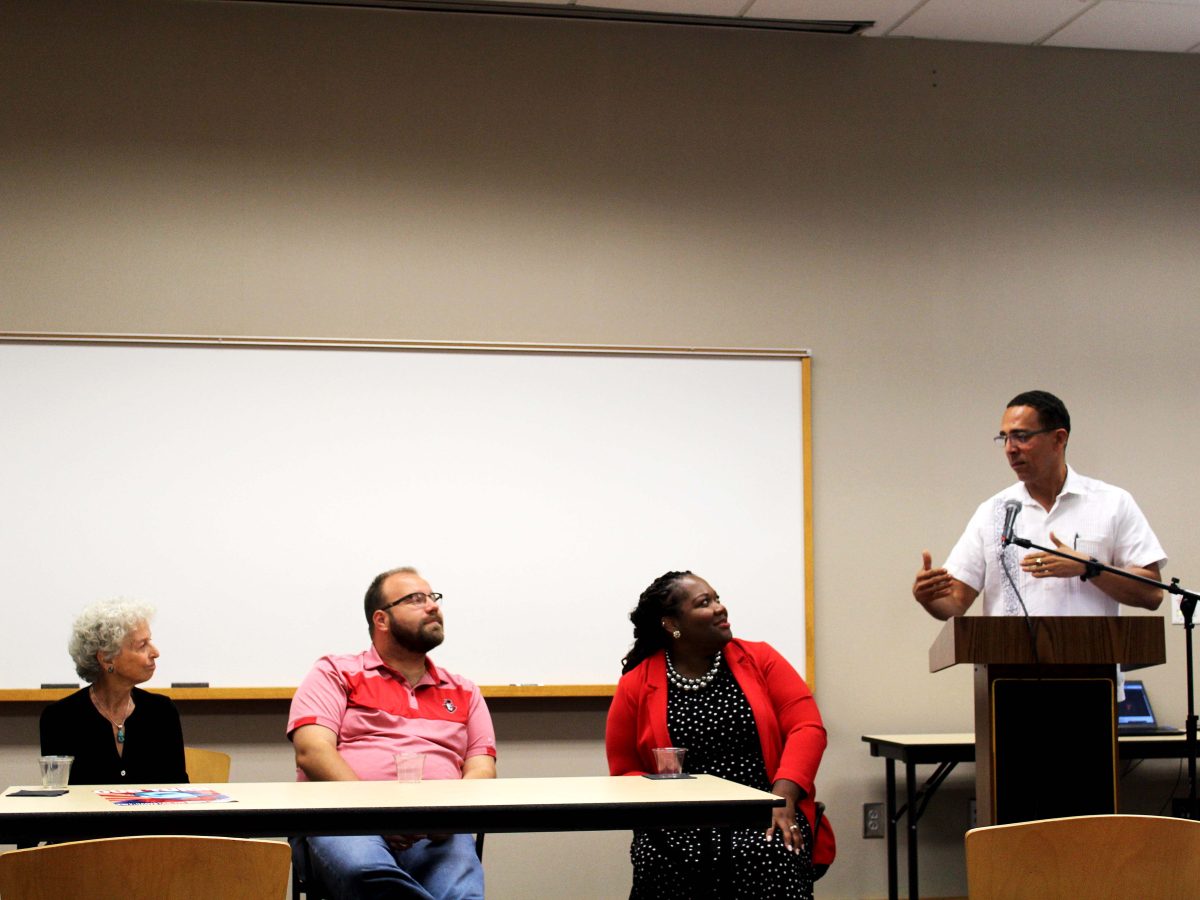BY CELESTE MALONE
Places of business should not be concerned with how I wear my hair. Natural hair in the workplace has been a very divisive subject and while companies try to embrace it, some actually try to tell others to “tone it down” or even straighten it. It is not our fault that these voluminous curls or coils are what grows on our heads, and we should not have to be told how to wear it.
In the early 1400s when we were brought to the United States, we had to mask our hair. We began to lose sight of African culture the longer we were enslaved and had to begin embracing a new one that contained pale white skin, more clothing, skinny features and, most importantly, straight hair.
Until only 52 years ago, after the Civil Rights Act of 1964, we would not have been able to vote, go to school, use the same bathroom or even get an equal shot at a potential job opportunity like our white counterparts.
Wearing our hair naturally can stand for going against society’s norm and usual standards for what beauty truly is. A style that comes to us as it is and a way to be beautiful without having to conform to the silky straight notions many jobs and people seem to have.
For those reasons, I have never truly seen wearing natural hair as being a “bad thing” until I began writing a paper for class about it. During my research, I found stories of women and men being reprimanded for not conforming to society’s ways.
One instance of “curly hair crime” was when meteorologist Rhonda Lee, from KTBS news channel in Louisiana, was fired from her job because she responded to comments on Facebook that addressed her natural hair.
Another is Tiffany Bryan, a bone-marrow transplant survivor, went natural after having to go through treatments where she lost her crowning glory in 2008. While working as a security guard at AEG Worldwide, Bryan endured countless comments about how she needed to “tame” her hair.
One supervisor said she “looked like she stuck her finger in a socket and was electrocuted” and another advised that she “needed to do something with her hair.” Bryan eventually got fed up and sued the company for $900,000. The outcome is still pending but the degrading comments will last a lifetime.
In August 2012, reports that the dean of Hampton University School of Business banned dreadlocks and cornrows in the school back in 2001. His reasoning behind it was that it would be helpful for students to find corporate jobs in the future. The even more interesting thing about this issue was that Hampton University is a historically black university, which are also known as HBCUs.
HBCUs normally drive the notion that it is OK to be African American and they are able to embrace their heritage.
All three of these instances further drive the question: Are we as African Americans working towards conforming or working to change the way people think?
As an African American woman who wears her natural hair proudly, I feel like we have to start changing the way people think and educating them about why we wear our hair the way we do.
Just like Bryan, we need to start holding these companies accountable for comments that are made and asking them for legitimate reasons to be “let go.”
We cannot choose the way our natural hair looks naturally. If people are distracted by it, they should reevaluate their focus. People need to start getting used to seeing diversity on television and in the corporate sector because we are not going anywhere and neither are our copious amounts of curls.





